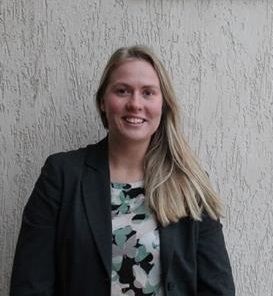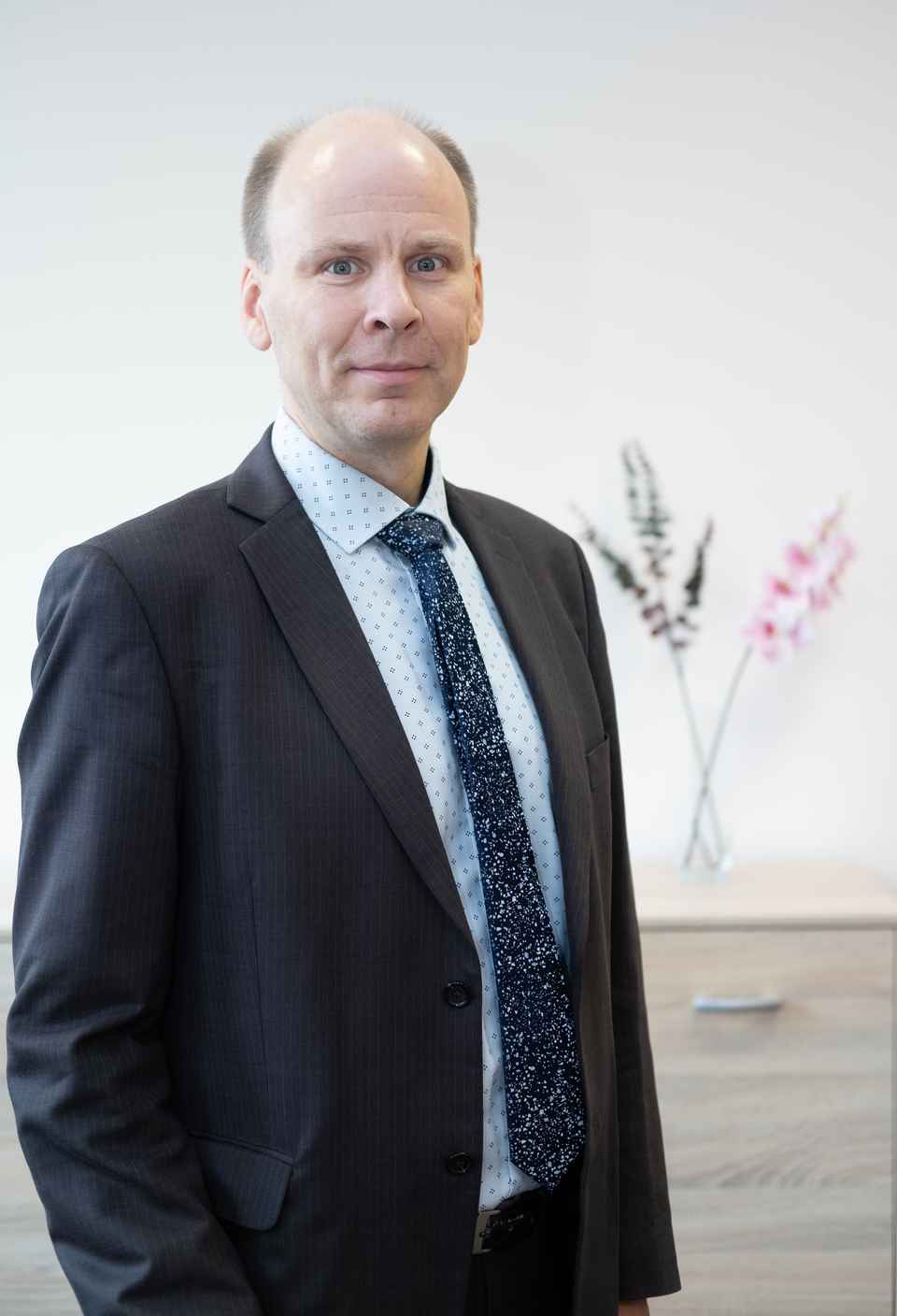
About the programme
| Lenght of studies | 1.5 years | Language | English |
| Scope of studies | 90 ECTS credits | Tuition fee per year | 5266 € |
| Qualification awarded | Master in Mathematical Sciences | Start of studies | 01 September |
| Application period | 01 January - 1 June/15 July | Application deadline | 1 June* / 15 July** |
* For applicants from non-EU/EFTA countries
** For applicants who do not need a Lithuanian visa and non-EU/EFTA applicants, if there is a Lithuanian embassy in their home country
High-profile education in financial and actuarial mathematics with an emphasis on the theoretical foundation of various methods and techniques of probability theory, stochastic analysis, risk theory, and related fields. Graduates of the programme are qualified to analyze and solve problems in theoretical models of finance and insurance, with the implementation of obtained solutions in practice.
Why this programme?
- The programme provides a solid high-level theoretical foundation needed to understand and apply state-of-the-art research results in practice. Students learn the possibilities and restrictions of popular financial and actuarial models, tools and ideas.
- The Financial and Actuarial Mathematics Master’s program develops competencies needed for the international labour market; in particular, the brightest students are strongly encouraged to pursue academic careers.
What's after?
- Work in the insurance companies, banks, pension and investment funds, consulting firms, government agencies, etc. (e.g., as actuaries, financial analysts, risk assessors, consultants both for Lithuanian and foreign institutions supervising financial and insurance markets).
- The graduates can also pursue further studies at the doctoral level in Mathematics and/or Statistics.
Student testimonials
 Arita Priedniece, student from Latvia
Arita Priedniece, student from Latvia
I have chosen this programme and university because it has old, strong education traditions, and is known widely. Vilnius University is the first in Lithuania according to national ranking. The second thing I would like to mention is that this program perfectly fits my career aims and life goals. Also, I wanted to have my master abroad to gain international experience.
I am really satisfied with my choice and I don’t regret it. My professors are professional in their fields because their teaching and communication style are easy and understandable in each situation. My courses mates are really nice and friendly people. It is not easy to study in MIF, but I can say that it is really challenging and interesting. I think it is worth having this kind of life experience.
Programme specific requirements
- At least first level studies leading with a bachelor diploma are required.
- English language proficiency - the level not lower than B2 (following the Common Framework of Reference for Language approved by the Council of Europe).
- Assessment of motivation is held by electronic means remotely.
In addition, all applicants have to fulfil general admission requirements.
Programme structure
| Course unit title |
ECTS credits
|
|
I YEAR |
60 |
|
SEMESTER 1 |
30 |
|
Compulsory courses |
25 |
|
Financial Technology Models |
5 |
|
Probability Theory and Mathematical Statistics |
10 |
|
Selected Topics of Analysis |
5 |
|
Stochastic Analysis |
5 |
|
Elective courses* |
5 |
|
Time Series Analysis |
5 |
|
Data Mining |
5 |
|
SEMESTER 2 |
30 |
|
Compulsory courses |
20 |
|
Applied Actuarial Mathematics |
10 |
|
Risk Measures |
5 |
|
Risk Renewal Models |
5 |
|
Elective courses* |
10 |
| Asset Allocation | 5 |
| Stochastic Models of Financial Mathematics | 5 |
| Discrete Market Models | 5 |
| Bayesian Statistics | 5 |
| Multidimensional Data Visualization | 5 |
| Deep Learning Methods | 5 |
| Modern Finance Mathematics | 5 |
| Java Technologies | 5 |
|
II YEAR |
30 |
|
SEMESTER 3 |
30 |
|
Compulsory courses |
30 |
|
Final Thesis |
30 |
*Available elective courses might vary from year to year.
Contacts
Do you have any questions? Contact:
- Email: konsultavimas@mif.vu.lt
- Tel.: +370 5 219 5027
Study Programme Committee

Chair of the Study Programme Committee - Assoc. Prof. Dr. Martynas Manstavičius
- Assoc. Prof. Dr. Sigitas Dapkūnas;
- Prof. Habil. Dr. Remigijus Leipus;
- Prof. Habil. Dr. Vigirdas Mackevičius;
- Senior. Reserch. Dr. Viktor Medvedev;
- Asist. Dr. Aldona Skučaitė;
- Prof. Dr. (HP) Jonas Šiaulys;
- Partn. Prof. Dr. Gintaras Bakštys, Social Partner Representative „ERGO Life Insurance SE“;
- Two Students Representatives.